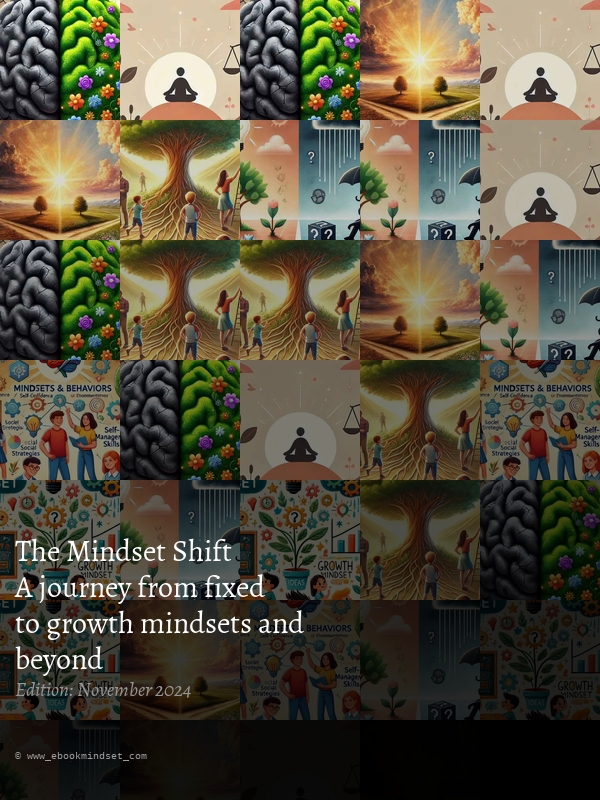What is Stoicism?
Stoicism is a practical philosophy that emphasizes self-control, resilience, and rational thinking. Originating in ancient Greece and flourishing in the Roman Empire, it offers a timeless approach to navigating life's complexities and cultivating inner peace. Unlike philosophies that focus on external factors for happiness, Stoicism posits that true fulfillment stems from within. It teaches that our thoughts and perceptions, rather than external events, are the primary determinants of our emotional state. By understanding and managing our inner world, we can cultivate a sense of serenity and contentment regardless of external circumstances. This philosophy promotes personal responsibility for our mental well-being, encouraging us to focus on what we can control and accept what we cannot. It's a deeply practical system that offers tools for managing stress, overcoming challenges, and leading a more fulfilling and meaningful life. The core tenets of Stoicism encourage us to develop inner strength, wisdom, and virtue as the foundations for a happy and resilient life. It's not about suppressing emotions, but rather understanding and responding to them in a way that is both rational and ethical.
Key Principles of the Stoic Mindset
Control What You Can
The cornerstone of Stoicism lies in recognizing the dichotomy of control. Stoics differentiate sharply between what is within our control – our thoughts, judgments, and actions – and what is outside our control – external events, other people's opinions, weather, and even our health. Focusing energy on the former empowers us, while worrying about the latter leads to unnecessary anxiety and frustration. This principle isn't about passive resignation; rather, it's about strategic engagement. By concentrating on what we can influence, we create a sense of agency and effectiveness. This focus on internal locus of control allows us to respond to challenges with clarity and purpose, instead of being reactive and overwhelmed. For example, instead of worrying about traffic, a Stoic might focus on their own driving and their mental state, accepting the traffic as something outside their control.
Embrace Adversity
Stoicism doesn't advocate for avoidance of challenges. Instead, it encourages embracing adversity as an opportunity for growth and self-discovery. Setbacks, difficulties, and hardships are viewed not as obstacles, but as chances to strengthen inner resilience and wisdom. The Stoic perspective reframes hardship, turning potential sources of despair into opportunities for learning and personal development. The focus is not on avoiding pain, but on developing the fortitude to endure it and learn from it. By facing adversity head-on and analyzing our responses, we can refine our character and build a stronger inner self. This isn't about becoming numb to suffering, but about developing a rational and resilient approach to dealing with life's inevitable challenges.
Practice Gratitude
Cultivating gratitude is central to the Stoic path. Regularly acknowledging the good things in our lives, both big and small, shifts our focus from what we lack to what we have. This practice fosters a sense of contentment and abundance, counteracting the negativity bias that often dominates our thinking. By focusing on our blessings, we cultivate a more positive and appreciative outlook. This isn't about ignoring hardship; it's about finding balance and recognizing the positive aspects of our lives, even amidst difficult circumstances. Daily reflection on things to be grateful for can dramatically improve emotional well-being and promote resilience in the face of challenges. Keeping a gratitude journal can be a powerful tool for this practice.
Live in the Present
Mindfulness and present moment awareness are vital components of the Stoic lifestyle. Worrying about the future or dwelling on the past generates unnecessary stress and prevents us from fully appreciating the present. By focusing our attention on the here and now, we gain clarity, reduce anxiety, and enhance our ability to respond effectively to current circumstances. This doesn't mean ignoring future planning or learning from past mistakes; rather, it implies a balance between mindful planning and focused presence. Mindfulness practices, such as meditation, deep breathing exercises, and paying attention to our senses, can significantly improve our capacity to live in the present moment. The present is the only time we truly have control over.
Accept Impermanence
Understanding the transient nature of all things – the impermanence of life, possessions, relationships, and even our own bodies – is a key to reducing fear of loss and cultivating detachment. This acceptance doesn't mean apathy or disengagement; rather, it encourages us to appreciate the present moment and avoid excessive attachment. By recognizing that everything is constantly changing, we can lessen the sting of disappointment and loss. This principle allows us to value experiences more deeply, knowing they are fleeting. It fosters a sense of perspective and allows us to live more fully in each moment without fear of what the future may hold.
How to Apply the Stoic Mindset
Reflect Daily
Regular self-reflection is crucial for understanding our thoughts, emotions, and reactions. By analyzing our experiences and responses, we can identify patterns and improve our self-awareness. This process helps us distinguish between controllable and uncontrollable aspects of our lives, fostering a more rational and effective approach to challenges. Journaling, meditation, or simply taking quiet time for introspection can be powerful tools for daily reflection. This enables us to identify biases, unhelpful thought patterns, and areas for self-improvement.
Reframe Challenges
Instead of viewing obstacles as setbacks, the Stoic perspective encourages reframing them as opportunities for growth and learning. By shifting our perception of difficult experiences, we transform potential sources of stress and despair into chances for self-improvement and personal development. This doesn't diminish the difficulty of the challenge, but it changes our relationship with it, fostering resilience and empowerment. Asking ourselves "What can I learn from this?" is a powerful reframing technique.
Cultivate Mindfulness
Practices like meditation, yoga, deep breathing, and mindful movement enhance present moment awareness. These techniques reduce stress, improve self-understanding, and promote emotional regulation. By cultivating a mindful approach to daily life, we can improve our ability to observe our thoughts and emotions without judgment, fostering greater self-awareness and control. Regular practice of these techniques strengthens our capacity to stay present and respond to challenges with greater clarity and calmness.
Focus on Virtue
Stoicism emphasizes the importance of virtue as the cornerstone of a fulfilling life. This involves striving for integrity, wisdom, justice, courage, and temperance. True achievement, from a Stoic perspective, isn't solely measured by external success, but by acting ethically and with moral purpose. By prioritizing virtuous behavior, we align our actions with our values, leading to a life of greater meaning and self-respect. This focus on inner excellence transcends material possessions and social status.
Negative Visualization
This practice involves contemplating potential negative outcomes. This isn't about inducing anxiety, but rather about building resilience and appreciation for what we have. By considering what we might lose, we develop a deeper appreciation for the things that are currently present in our lives. This technique fosters contentment and reduces the impact of unforeseen setbacks. It encourages us to live more fully in the present, mindful of the transient nature of all things.
Dichotomy of Control Exercise
Regularly engaging in the dichotomy of control exercise is a powerful way to apply Stoic principles. This involves identifying situations and separating what we can control from what we can’t. By focusing our energy on what is within our power, we reduce stress and increase our sense of agency. This exercise helps us to direct our efforts effectively, rather than wasting energy on areas beyond our influence.
Amor Fati
Amor Fati, meaning "love of fate," is a key Stoic concept. This involves accepting everything that happens in life as necessary, even the difficult experiences. This doesn't mean passive resignation, but rather a conscious decision to embrace all aspects of our lives, learning from both positive and negative events. This acceptance fosters resilience and allows us to find meaning and purpose even amidst hardship.
Conclusion
The Stoic mindset provides a powerful and practical framework for navigating the complexities of life with grace, resilience, and inner peace. By focusing on self-control, embracing adversity, practicing gratitude, living mindfully in the present, accepting impermanence, and cultivating virtue, we can cultivate a more fulfilling and meaningful life. This ancient philosophy remains remarkably relevant in the modern world, offering enduring wisdom for personal growth and emotional well-being. By integrating these principles into our daily lives, we can build a stronger, more resilient, and ultimately happier self.




